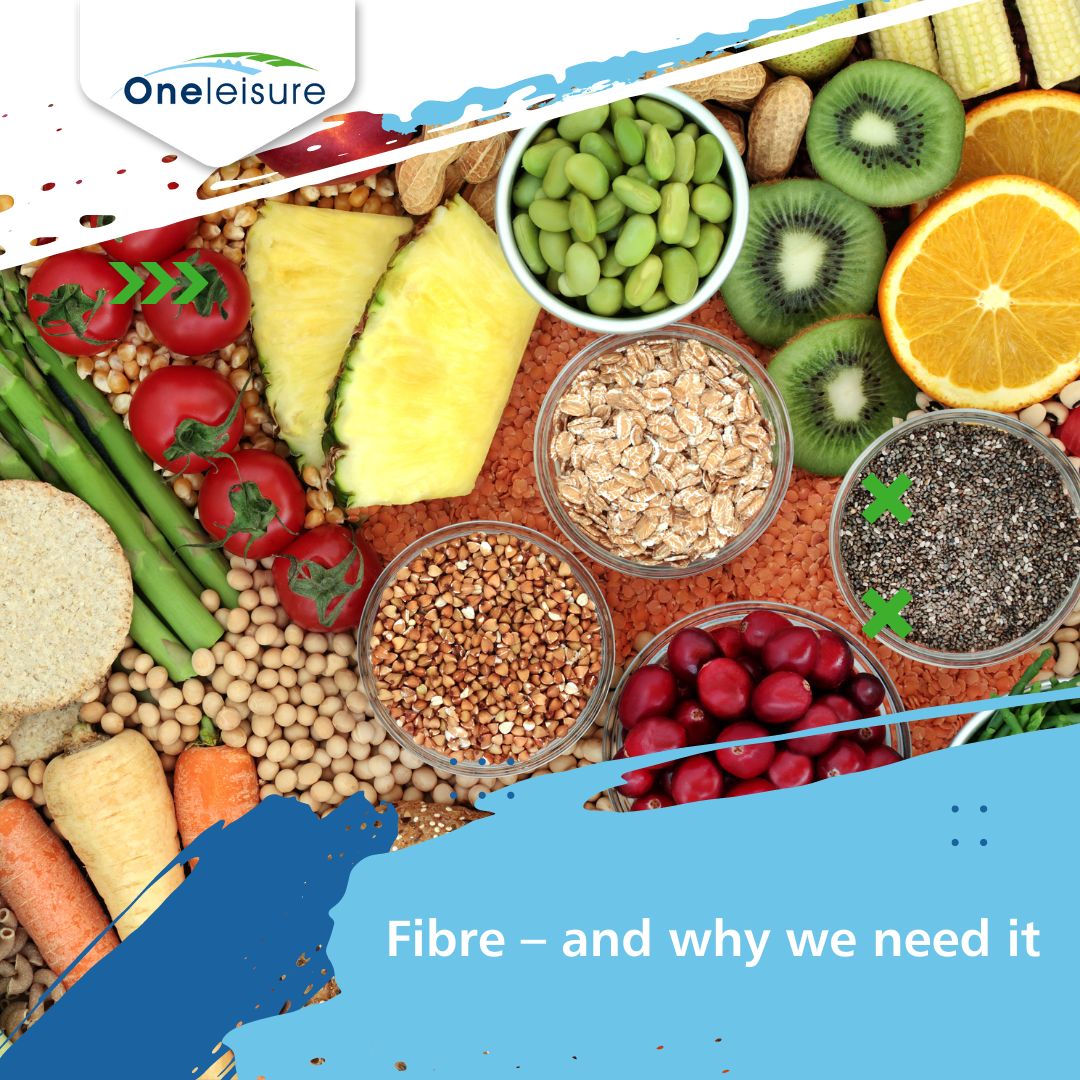
Fibre – and why we need it
What is Fibre?
Fibre refers to the indigestible portion of carbohydrates. There is no official guidance for how much fibre we should consume every day, however we do know that it is an important part of a healthy balanced diet.
Common foods we eat contain both soluble and insoluble fibre. Soluble fibre is gentle, slightly mucilaginous in water – you can see it in cloudy apple juice. Apples and pears are a good source.
Insoluble fibre is tough and fibrous and found in many wholefoods including vegetables, wholegrains and in nuts and seeds, fruit, beans and lentils.
How does Fiber help us?
Fibre supports a healthy digestive system in two main ways:
1. Bulking the stool – and in doing so, helps digested food move along the gut allowing time for digestion and absorption of nutrients, and regular removal of waste for example from food and the blood (via the liver). These waste products can include spent hormones, neurotransmitters and medication as well as toxins from the outside environment as well as those generated by our day-to-day metabolism. A lot of these end up in our digestive tract for removal once they have been removed from the blood and processed by the liver.
2. Providing a food source for the healthy bacteria in our digestive tract. These help to maintain a strong immune system, assist the movement of the stool through the gut, and keep the less healthy bacteria from multiplying.
It helps to balance blood sugar fluctuations thereby providing more sustained energy across a longer period of time. Adding more fibre to your diet can therefore be beneficial, although it is important to note that some medical conditions may mean that fibre should be avoided so always check with a health professional if you are concerned. It may be a good idea, when increasing fibre in the diet, to make these changes gradually over a few weeks to allow your body time to adjust.
Increasing water intake along with fibre is advised to prevent constipation. Aim for around 8 glasses per day.
Small changes such as switching from white bread to brown bread or adding cooked beans or lentils to soups can be a good and gentle way to start. Nuts, seeds and oats are all good sources of fibre - it can help to soak these in a little water overnight before eating as this can aid their digestion.
Disclaimer: The content of this page is not intended to be a substitute for professional medical advice, diagnosis or treatment. Always seek the advice of your physician with any questions you may have regarding a medical condition. References are available on request.